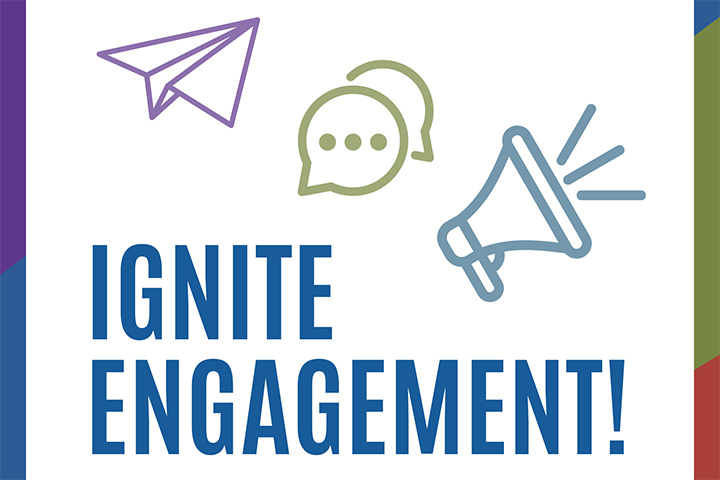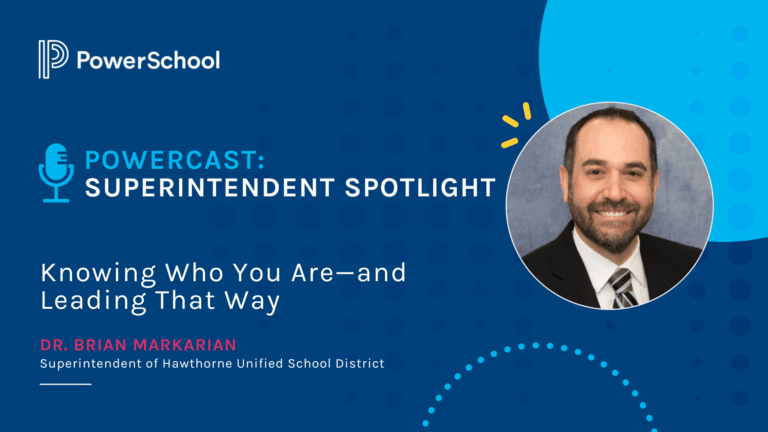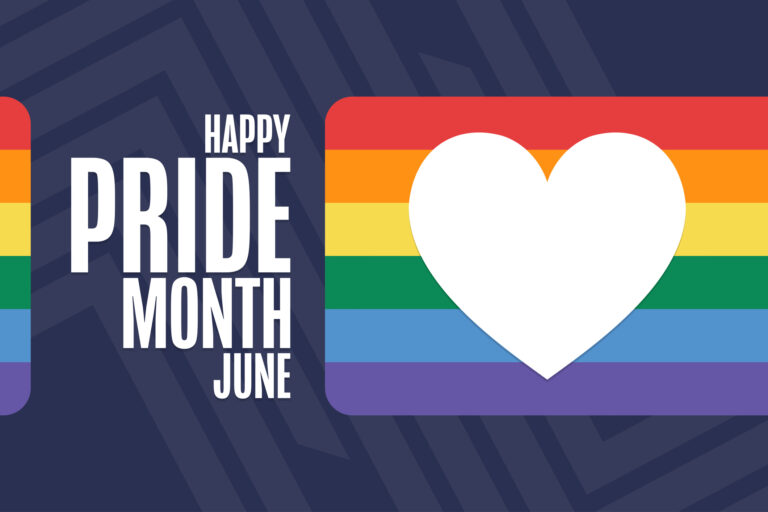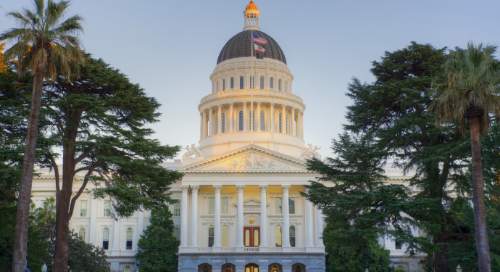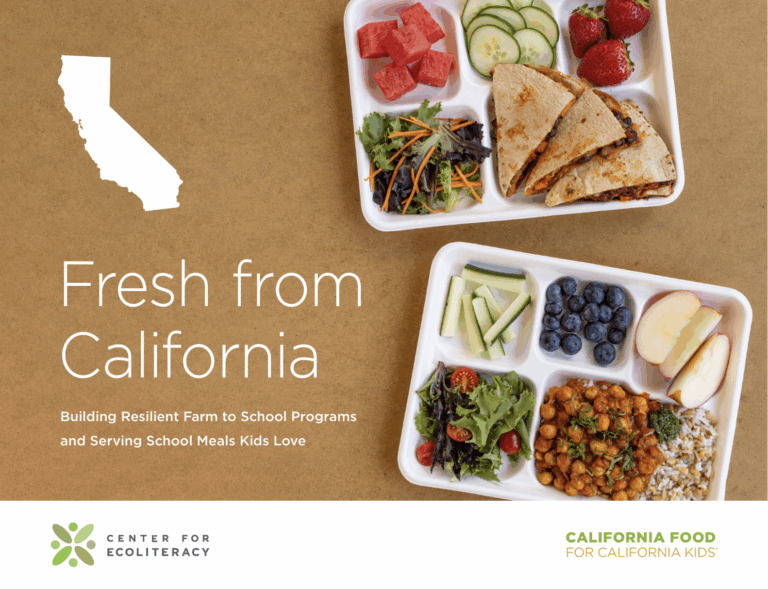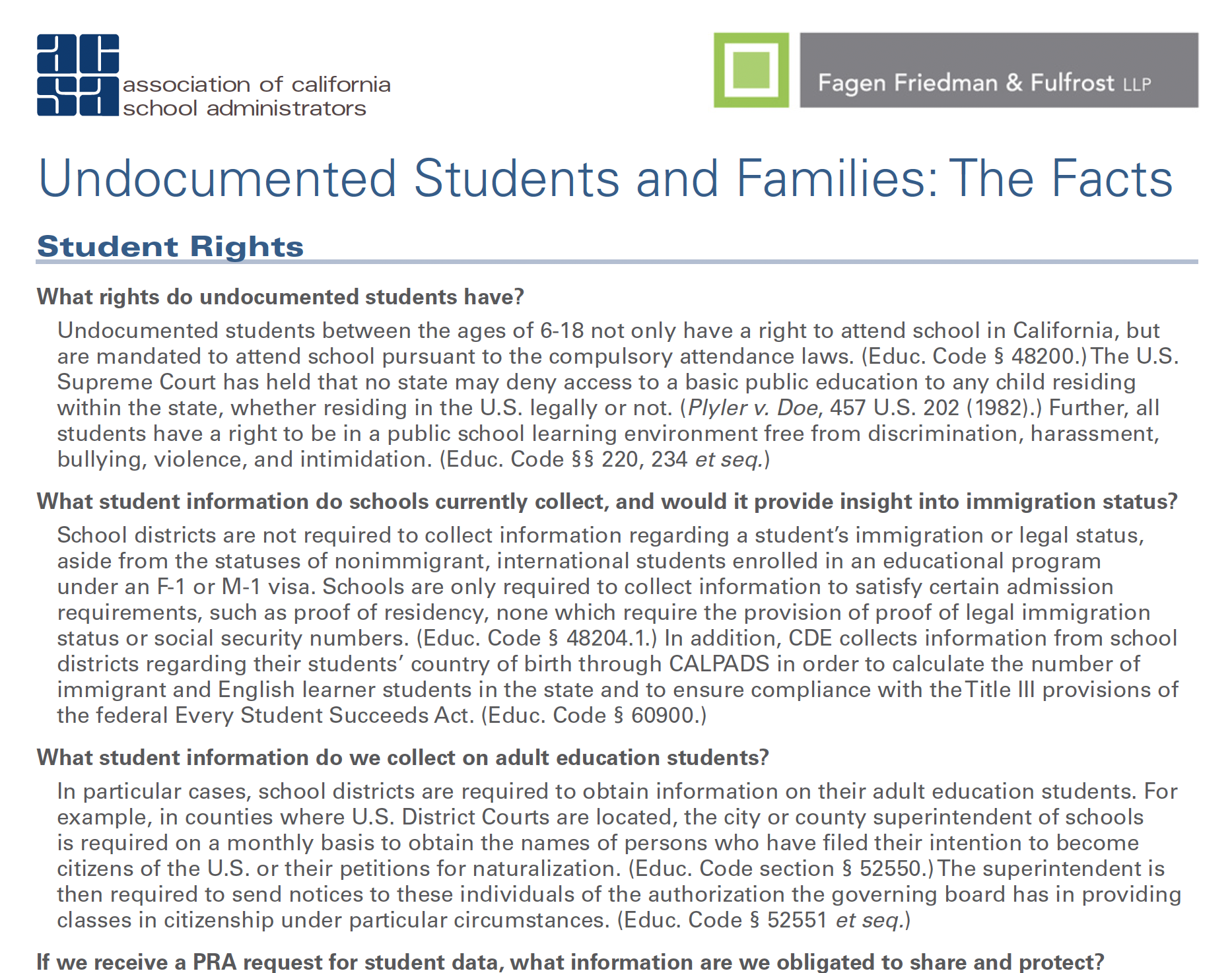In 2011, Jose Antonio Vargas outed himself as an undocumented immigrant in a New York Times article advocating for the DREAM Act. A year later, just a day after Time published Vargas’ cover story about feeling a sense of “limbo” due to his status, the Obama administration announced it was halting the deportation of undocumented immigrants under age 30. Vargas himself did not qualify at age 31. However, his goal remains to tell America’s full story, in which immigrants play a major part.
ACSA interviewed Jose Antonio Vargas, a Pulitzer Prize winning journalist and filmmaker who counts Al Gore, Hillary Clinton and Mark Zuckerberg amongst his past interviewees, in 2018.
Vargas connected Define American, his nonprofit, which hopes to transcend politics and elevate the conversation about immigration and citizenship, to his formative years in California’s schools and socially-conscious educators:
“Among our biggest audience at Define American are teachers… I have been consistently vocal about the role of teachers and mentors in my life, and the fact that they created a home for me. I think teachers are naturally the bridge-builders… the translators, mediators… teachers are the key to unlocking this issue to the mainstream, because it doesn’t matter what the immigration status of a student is. They’re in the classroom. In my experience, having been a part of Crittenden Middle School and Mountain View High School was [that] the teachers didn’t care what my immigration status was, I was one of their kids.”
But Vargas found acceptance and guidance in talking to school leaders. “The principal, Pat Hyland, was the one who told the superintendent, Rich Fisher, and they literally became mom and dad… especially because my mom was in the Philippines and my dad… I didn’t have a relationship with him. [Hyland and Fischer] were the ones who created this sense of belonging.”
Vargas emphasizes that he was not a model student- a stereotype attributed to many Asian-American students. He began neglecting his homework after learning, at age 16, that he was an undocumented immigrant. He remembers thinking: “I’m here illegally; who cares if I go to college?” Later, he describes himself as
“Undocumented, gay; my name is Latino, I look Asian, I majored in African-American studies in college. I made a documentary called White People. So I am a walking uncomfortable conversation. I have to say, though, that every single mentor in high school, because the high school years were the defining years, were pretty much all privileged White people, and you know, what was amazing about it was, I didn’t realize they were White.”
Vargas’ perception of White Americans shifted when he moved to D.C.
“Whiteness for me is an ideology of treating people like they’re less, or condescending to people. All I got [in high school] was that these [educators] were people [had the] means to help me out, and it was never charity… The confusion of my identity — not only was it not a threat, it was a way for [the educators] to really try to help me out.”
When Vargas considers the meaning of “home,” he thinks not of material possessions, but recalls “all the people who made me feel at home… teachers, and Pat Hyland, and Rich Fischer.” In early 2017, Vargas learned through his lawyers that he could be in danger of arrest due to his undocumented status, so he gave up his permanent address and began staying in friends’ spare bedrooms. Vargas fondly recalls that Hyland and Fisher, along with a board member of Mountain View HS, were among his final house guests:
“The relationship has continued for decades… they were there before, when I was nobody… when I was just so scared and lost and confused and didn’t know what to do. ‘How do I get a driver’s license, how do I start a bank account?’ My immigrant family didn’t know this stuff. So it was Pat Hyland that got me my Bank of America credit card, my bank account. Rich Fisher taught me how to drive… They were more than just people at school. They were the people that created a home for me. And I can only imagine how many people are doing that at this exact moment all across the state, and all across this country.”
Vargas hypothesizes that educators’ roles have shifted due to immigration and citizenship issues gaining more public attention under the Trump presidency. Specifically, educators must make it a priority to be on the side of undocumented students and fellow citizens, because “being [politically] neutral is not an option. Neutrality and silence is complicity…”
Vargas calls for more open dialogue on equity, humility, and individual experience, and the use of language that does not push Latinxs and other groups into the label of “minority,” especially since communities of color outnumber Whites in California. Vargas believes that “engaging one another is a crucial part of what citizenship is.”
California is home to almost 25% of the USA’s undocumented immigrant population. These 2.5 million Americans make up 6% of the state’s residents. Two-thirds of California’s undocumented population have lived here for over 10 years. As leaders within the most populous and diverse state in America, California’s educators must aspire to provide undocumented students with the maximum amount of equitable services, kindness, and the feeling of belonging that helped Jose Antonio Vargas on the path to becoming a renowned journalist. “I was treated with such kindness and empathy in all my years of middle and high school, that in many ways I mirror that experience in what I do now, in the larger society,” he said.
Vargas’ organization, Define American, has compiled some of the internet’s most helpful resources available to undocumented students.



